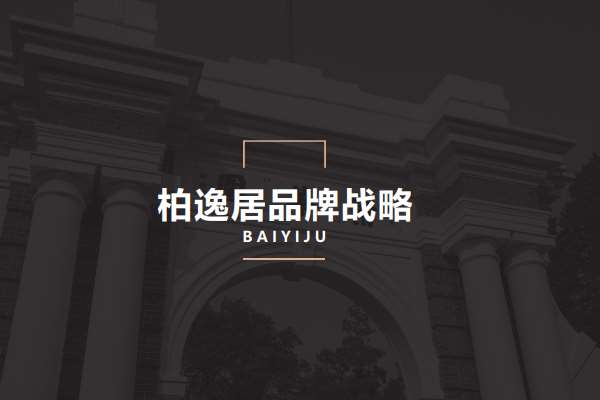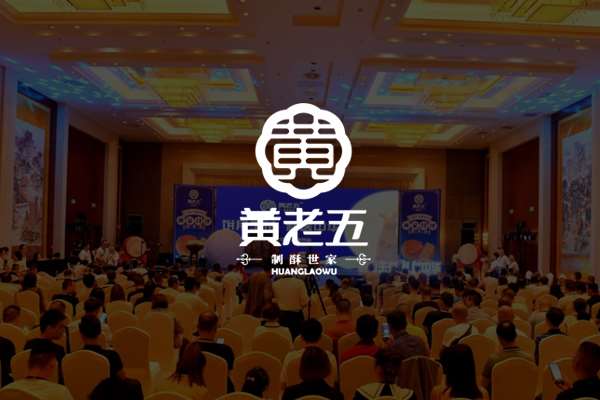Title: Rural Living Business Model Proposal
Introduction:
Rural living has gained immense popularity in recent years as more people seek a break from the hustle and bustle of city life. This proposal aims to outline a comprehensive business model for a successful rural living venture, focusing on sustainable development, local engagement, and profitability. The main objective is to create an attractive retreat for individuals seeking peace, tranquility, and an authentic rural experience.
Business Model:
1. Location and Infrastructure:
Choose an idyllic location that offers the desired rural ambiance and easy access to major urban centers. Develop basic infrastructure such as quality accommodation, electricity, clean water supply, and waste management systems. It is essential to blend modern amenities with the rustic charm of the countryside to create a unique experience for guests.
2. Accommodation Options:
Offer a range of accommodation options to cater to different preferences and budgets. This may include cottages, guesthouses, camping sites, and farm stays. Focus on providing comfortable yet eco-friendly lodging that embodies the essence of rural living.
3. Farming and Agro-tourism:
Integrate agriculture and agro-tourism activities to engage guests and promote local produce. Offer hands-on experiences such as farming, organic gardening, animal husbandry, and farm-to-table dining. Collaborate with local farmers and artisans to showcase their products, thereby supporting the local economy.
4. Recreational Activities:

Curate recreational activities that enable guests to immerse themselves in the rural lifestyle. This may include guided nature walks, cycling, fishing, horseback riding, yoga classes, and traditional craft workshops. The aim is to create a holistic experience that connects visitors with nature and local culture.
5. Community Engagement:
Forge strong relationships with the local community to foster mutually beneficial partnerships. Collaborate with local schools, cultural organizations, and NGOs to organize educational and cultural exchange programs. This not only promotes rural development but also enhances the authentic experience for guests.
6. Marketing and Promotion:
Develop a strong marketing strategy to attract target customers and build brand awareness. Leverage social media platforms and online travel agencies to reach a wider audience. Highlight the unique features and benefits of rural living, such as the slower pace, clean air, and the opportunity to reconnect with nature.
7. Sustainable Practices:
Prioritize sustainable development by implementing eco-friendly practices such as water conservation, waste management, and energy efficiency. Showcase these efforts to guests, promoting responsible tourism and enhancing the brand image.
8. Revenue Streams:
Maximize revenue by diversifying income streams. Apart from accommodation charges, offer additional services such as farm produce sales, wellness retreats, event hosting, and collaborations with local businesses. Explore tie-ups with eco-tourism organizations, travel agencies, and corporate retreat planners to attract a steady flow of visitors.
Conclusion:
The proposed rural living business model aims to create a sustainable, engaging, and profitable venture that offers guests a rejuvenating escape from urban life. By focusing on providing authentic rural experiences, supporting local communities, and adopting eco-friendly practices, this business model seeks to tap into the growing demand for rural retreats while preserving the natural beauty and cultural heritage of rural areas.








